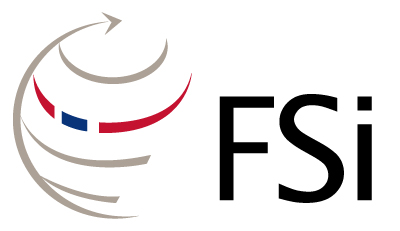Organizations that have rigorously balanced their technical and human skills training programs have seen a dramatic reduction in incidents and accidents.
The airline industry for example, has reduced their accident rate by 80% over the last 30 years.
If sincere efforts are to be made at reducing error and undesired outcomes in the workplace, it is imperative that human-skills training becomes a core rather than peripheral safety training program.
It’s time to rethink safety. The place to start is by examining the cause of a mishap and recognize the role our physiology plays in our actions. If we can get a better understanding of that phenomenon, we can move toward interventions that work best to reduce workplace accidents.
FSi CRM training discuss the common features of the mindset in several organizations, especially the human element and how improved safety for people and working environments is well within the grasp of organizations that are intent in improving their safety record and reducing error within their organizations.
Successfully implemented CRM safety programs must follow a well designed “flight plan”.
- First, all successful programs begin with effective corporate leaders who support the CRM training initiative and who are well versed in the concepts of CRM. To this end a 6 hour “Introduction to CRM for Corporate Leadership” course is available to achieve that goal.
- Second, over time all employees attend the 2 day “Initial CRM” workshop where they learn the tools needed to improve communications, teamwork, situational awareness, risk assessment as well learning to identify and manage threat and error.
- Third, managers, supervisors and project leaders will ensure that those skills and behaviors are hardwired into daily operations by creating and using procedures, processes, protocols, briefings and in applicable situations, checklists. These tools will ultimately become the way business is done in the organization. The “Advanced CRM” workshop has been created to support this objective.
- Finally, a successful program leader will prove that the project has been successful by creating and following a measurement plan. The plan will document the change in employee behavior and outcomes derived from the project. The “Recurrent CRM” course will ensure that company investments in the CRM initiative is worthwhile, the safety culture is improved and the lessons sustained.
However, how we “bridge the gap” successfully from classroom to the real world environment depends on two vital elements and should be considered as software and hardware, one is useless without the other.
- The Initial, Advanced and Recurrent CRM courses provide motivation and skills practice.
- Leadership provides reinforcement and transfer of those skills.
